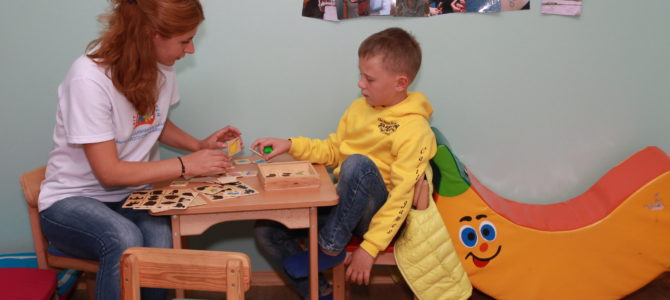
Corporate media has showered much attention on how many lives the COVID-19 lockdowns “saved.” Certainly common sense dictates that whenever you isolate people, the spread of any communicable disease will be curtailed.
Longer-term negative impacts, however, are harder to quantify. How many women, for example, may soon have to confront the grim prospect of a more advanced breast cancer that went undetected in its earliest stage due to delayed screening? How many have already died from drug overdoses because they were cut off from treatment and support groups?
There is a reason many argue that lab technicians like Dr. Anthony Fauci are not ideal choices for dictating public health policy, because as scientists they tend to approach health challenges in a linear fashion. To wit: We have a problem A (COVID-19). We know that doing B (lockdowns) will reduce A. So then let’s do B. And that’s as far as it goes.
For them, whatever negative C, D, E and all the way through Z that forcing B on vast swaths of the population might cause is not of importance. The immediate mission is the only mission. That’s how it works in the isolation of the lab, after all. Scientists seem unwilling to address what else isolation brings about.
As the lockdowns have faded, we now have a better idea of their psychological and emotional damage. Among households dealing with the effects of lockdowns on the young and most vulnerable, perhaps none are more acutely aware of the C through the Z that follows B than those living with children or young adults with autism.
Autistic People Already at Higher Risk of Loneliness
A recent survey of some 4,232 autistic people and families in the United Kingdom returned disheartening results. Nine in ten autistic people worried about their mental health during lockdown, and 85 percent said their anxiety levels got worse.
Autistic people were seven times more likely to be chronically lonely than the general population. Thirty-seven percent of autistic people responding to the survey said they “often” or “always” felt lonely. This compares to 5 percent of the general public when asked the same question.
Autistic people were six times more likely to have low life satisfaction. Fifty-one percent of autistic people responding to the survey gave a score of 0-4 when asked how satisfied they were with their life, on a scale of 0 for not satisfied at all and 10 for completely satisfied. This compares to 8 percent of the general public giving a score of 0-4.
One in five family members responding to the survey had to reduce work due to caring responsibilities. Seven in ten parents said their child has had difficulty understanding or completing schoolwork, and around half said their child’s academic progress was suffering.
Families of Autistic Children Lack Support
As the National Autistic Society noted, “The disruption, uncertainty and pace of change triggered huge levels of anxiety and for some was made worse by the withdrawal of support from social care, education and mental health services.”
A typical example is Sylvia White, a 53-year-old mother of an autistic 20-year-old. “I’ve been shielding with Luca since March,” she said. “We were practically housebound with no support. I’m on my own and he needs 24-hour care.”
Other anonymous respondents reveal a heartbreaking trend. “This has had a devastating impact on my family,” the mother of a child with autism said. “My husband has suffered anxiety and panic attacks due to the decline in my son’s mental health and the increase in his distress and challenging behavior. Both myself and my husband had to take sick leave as we had all support withdrawn.”
Another parent pleaded: “I feel completely alone and unsupported with a child who is regressing further into his own bubble on a daily basis. I haven’t gotten him outside in 11 weeks and I haven’t had a break in as long.”
An autistic person lamented: “I am just very isolated. The only person I see regularly is the postman.”
Long-Term Mental Effects of Lockdowns Are Unknown
For many on the autism spectrum, a set routine is the key to a stable, productive life experience. COVID lockdowns disrupt these routines.
The less imaginative, easier to quantify science says, “We expected X to die without lockdowns and since only one-third of X died during the lockdowns we saved Y number of lives, voila!” In reality, the longer-term effects of policies’ negative effects, not just on physical but also on mental health, may take years to reveal themselves.
Certainly for the tens of millions with autism across the globe, the lockdowns’ real impact may take a long time, and much hard work, to undo, if it ever can be undone. This is what happens when public policy myopia supersedes critical, three-dimensional thinking. Often it is the most at-risk among us who suffer the most harm when government blunders.
For many with autism, a return to lockdowns to head off the Delta variant will pose a far greater danger to their well-being than the disease itself. For those who need structure and care the most, it really is best not to destroy the village in a blind attempt to save it.









